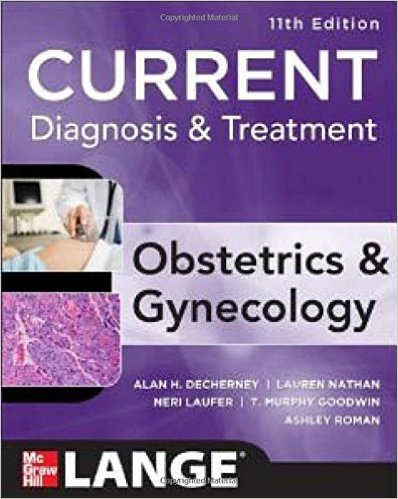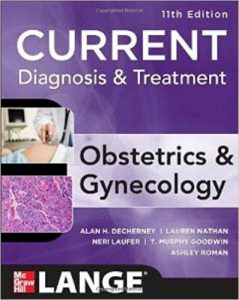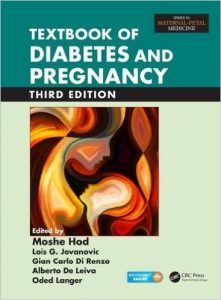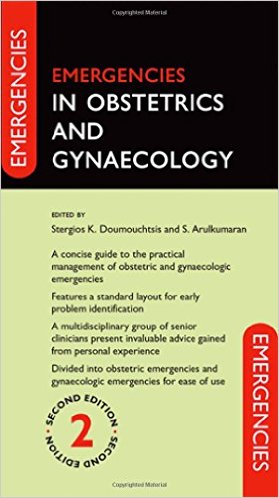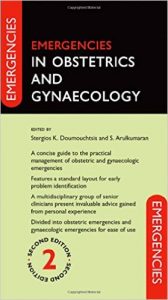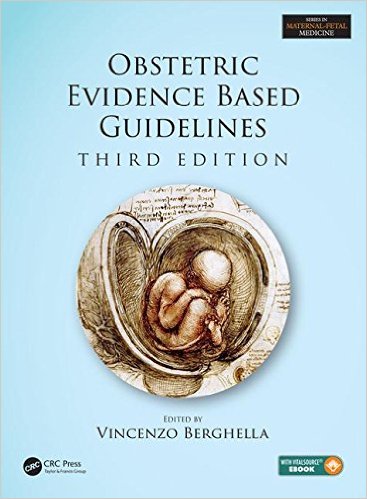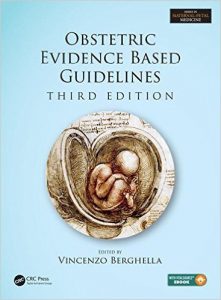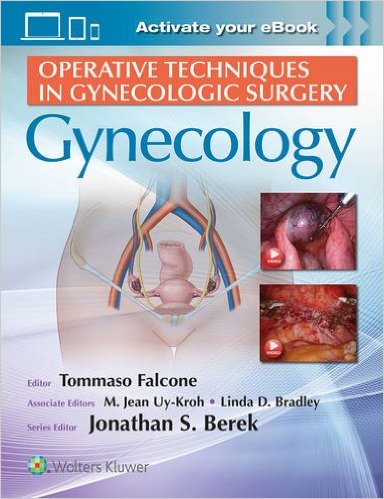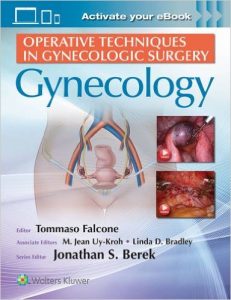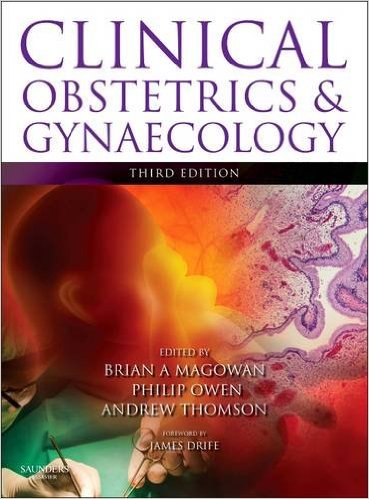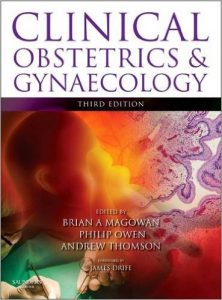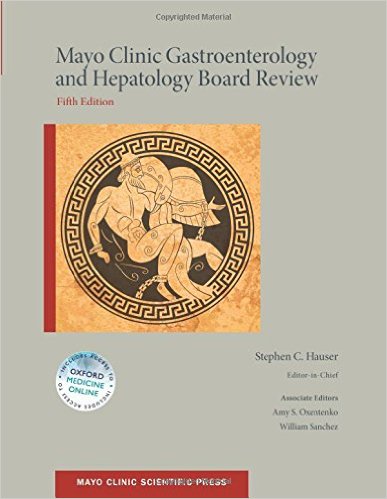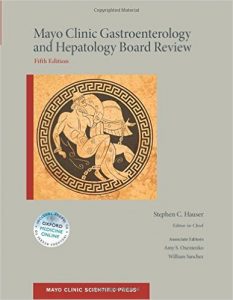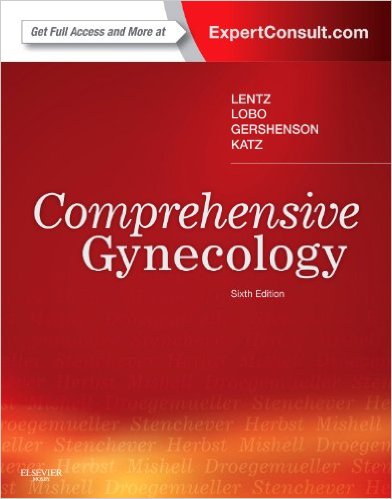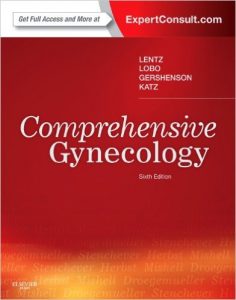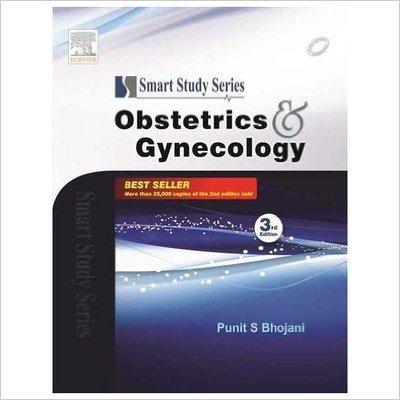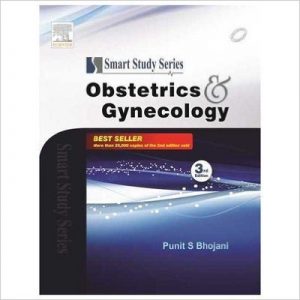Guidelines for Nurse Practitioners in Gynecologic Settings, 11th Edition 11th Edition
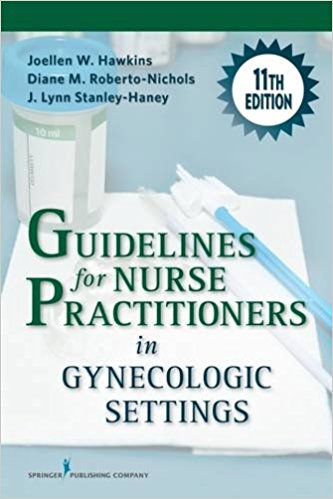
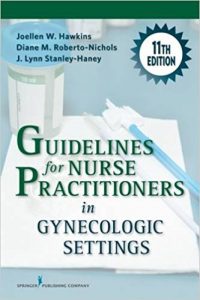
[amazon template=iframe image2&asin=0826122825]
A “one-stop” comprehensive guide to women’s health√≥updated with new evidence-based guidelines and timely topics
The 11th edition of this classic guide for assessment and management of common gynecologic conditions by advanced practice nurses is updated with cutting-edge topics, new evidence-based guidelines, and current patient teaching materials to enhance excellence in clinical practice. This edition features a completely updated chapter on the well-woman annual exam, including issues about the care of older women, and extensive revisions throughout regarding contraceptive methods, CAMs, medical abortion, HIV/AIDS, HPV screening and vaccine recommendations, and much more.
Guidelines reflect “best-practice” standards of care culled from literature on evidence-based practice that help ensure improved patient outcomes. Expert contributors include prominent specialists from all areas of gynecologic health. Complete guidelines are presented in a format that includes definition, etiology, history, physical exam, laboratory exam, differential diagnosis, treatment, complications, consultation/referral, and follow-up.
New to the 11th Edition:
- Enhanced mental health chapter detailing the discontinuation of SSRIs/SNRIs
- Guidelines for management of cytological abnormalities and cervical intraepithelial neoplasia
- New information on menopause and osteoporosis
- Updated information on contraception based on patients’ individual profiles and clinical data
- Revised information on natural family planning from an expert educator
- New data on the long-term effects of hormone replacement therapy
- Additional data-based evidence on over-the-counter remedies and nonprescription supplements
- New data on screenings for breast cancer
- New Pap smear guidelines across the life span
- Physical assessment of pelvic floor integrity and dysfunction
- Helpful techniques for difficult examinations
- Information on lesbian, bisexual, and transgender health concerns
Key Features:
- Reflects best-practice standards of care empirically demonstrated to improve patient outcomes
- Presents guidelines in a concise, consistent outline format to ensure quick and easy access to clinical information
- Written by a highly respected and experienced team of authors
- Provides valuable patient teaching information, also available online

